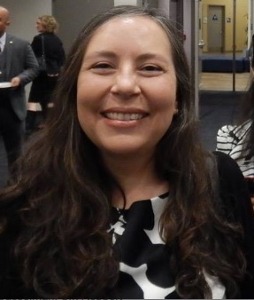Can’t wait for #Dros21? Check out this Invited Speaker sneak peek, including talk titles and synopses.
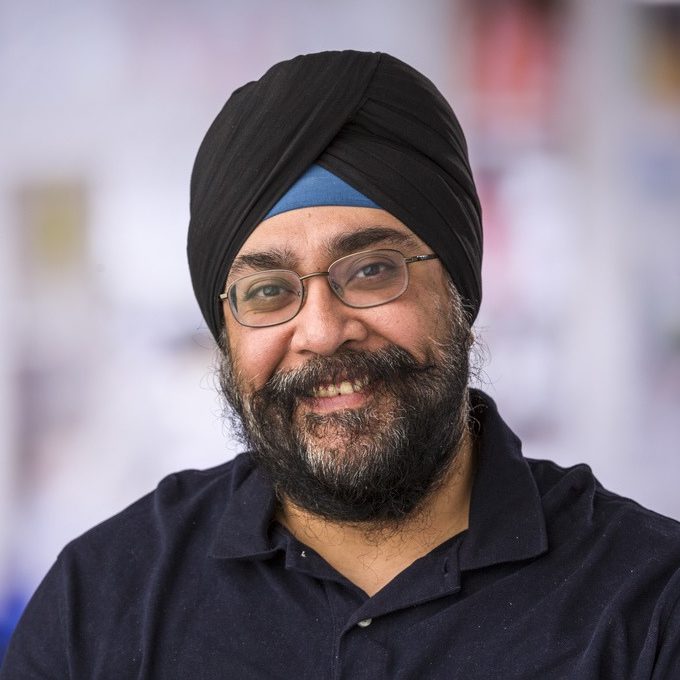
Harmit Malik
Keynote Speaker
Harmit Singh Malik is a Full Professor and HHMI Investigator in the Division of Basic Sciences at the Fred Hutchinson Cancer Research Center (“the Hutch”). He has focused on Drosophila research for practically his whole career, from his PhD with Tom Eickbush at the University of Rochester, to his postdoc with Steve Henikoff at the Hutch, to his independent lab. His lab studies the causes and consequences of genetic conflicts that take place between different genomes (e.g., host-virus interactions, mitochondrial conflicts with nuclear genomes) or between components of the same genome (e.g., chromosomal competition at centromeric regions). He is interested in understanding these “molecular arms races” and how they drive recurrent genetic innovation, from the perspectives of both evolutionary biology and disease. For example, his lab has been able to describe functional outcomes of ancient host-virus arms races by resurrecting both host and viral proteins from the evolutionary record. A significant area of research in the Malik lab is the study of rapid evolution in genes involved in essential cellular processes such as chromosome segregation. He and Steve Henikoff proposed that unusual genetic conflicts during meiosis drive the unexpectedly rapid evolution of centromeric DNA and proteins, which in turn may provide a basis of postzygotic reproductive isolation between recently diverged species. His work has received significant accolades for him and his lab members, many of whom hold prestigious academic appointments today. He is the recipient of many scientific awards including a Hutch-wide mentoring award. He was elected to the US National Academy of Sciences in 2019.

Derek A. Applewhite
Derek A. Applewhite is an Associate Professor in the Biology department at Reed College, a primarily undergraduate institute in Portland, Oregon. His lab group is interested in the role the cytoskeleton plays in cell migration, morphogenesis, and development. Primarily a cell biology lab, his research group capitalizes on the vast array of Drosophila derived tissue culture cells to address fundamental questions about the regulation of the cytoskeleton. His research also uses the developing Drosophila embryo, to complement these studies performed in cells. His lab uses high-resolution imaging techniques, in combination with RNAi and other genetic manipulations, to answer fundamental questions.

Arash Bashirullah
Arash Bashirullah is an Associate Professor of Pharmaceutical Sciences and the Associate Dean for Research and Graduate Education in the School of Pharmacy at the University of Wisconsin-Madison. His lab studies insect metamorphosis and uses forward genetic approaches to identify and dissect molecular and cellular processes critical for post-embryonic development. This approach has provided unique genetic footholds in understanding mechanisms of hormone action, cell death and—most recently—regulated exocytosis.
Adriana Briscoe is a professor in the Department of Ecology and Evolutionary Biology at the University of California, Irvine. She is known for studies of how color vision mediates ecological interactions between butterflies, host plants, and the environment in the context of mimicry and species recognition. Her discoveries have been featured on television and in museums both in the USA and in Europe. She has written and spoken about the importance of teachers in developing future scientists and the need for increased funding for Black, Indigenous, and people of color (BIPOC) teacher training in STEM in order to create a more just and diverse scientific workforce. Briscoe is an elected Fellow of the American Association for the Advancement of Science and the California Academy of Sciences, and she was honored with the Distinguished Scientist Award from the Society for the Advancement of Chicanos/Hispanics and Native Americans in Science—the first woman and third person overall to have been given all three of these awards.

Kenneth Gibbs
Kenneth Gibbs, Jr., PhD, is Director of the NIGMS Postdoctoral Research Associate Training (PRAT) Program, a competitive three-year fellowship program that provides high quality research training in the basic biomedical sciences in NIH intramural research laboratories and prepares trainees for leadership positions in biomedical careers. He is also a program director in the NIGMS Division of Training, Workforce Development, and Diversity, where he manages the Maximizing Opportunities for Scientific and Academic Independent Careers (MOSAIC) program, and the Division of Genetics and Molecular, Cellular, and Developmental Biology where he manages research grants in the areas of stem cell biology and regeneration.

Shubha Govind
Shubha Govind is a Professor of Biology at the City College campus of the City University of New York and a graduate faculty member at the CUNY Graduate Center. Her group studies the interaction interface of Drosophila and their parasitic wasps. Parasitic wasps are ecologically and economically important and are used for biological control of pest species. Research in the Govind lab is focused on uncovering hematopoietic and immune signaling mechanisms after wasp attack as well as the wasps’ immune suppressive mechanisms that contribute to parasite survival and species success.
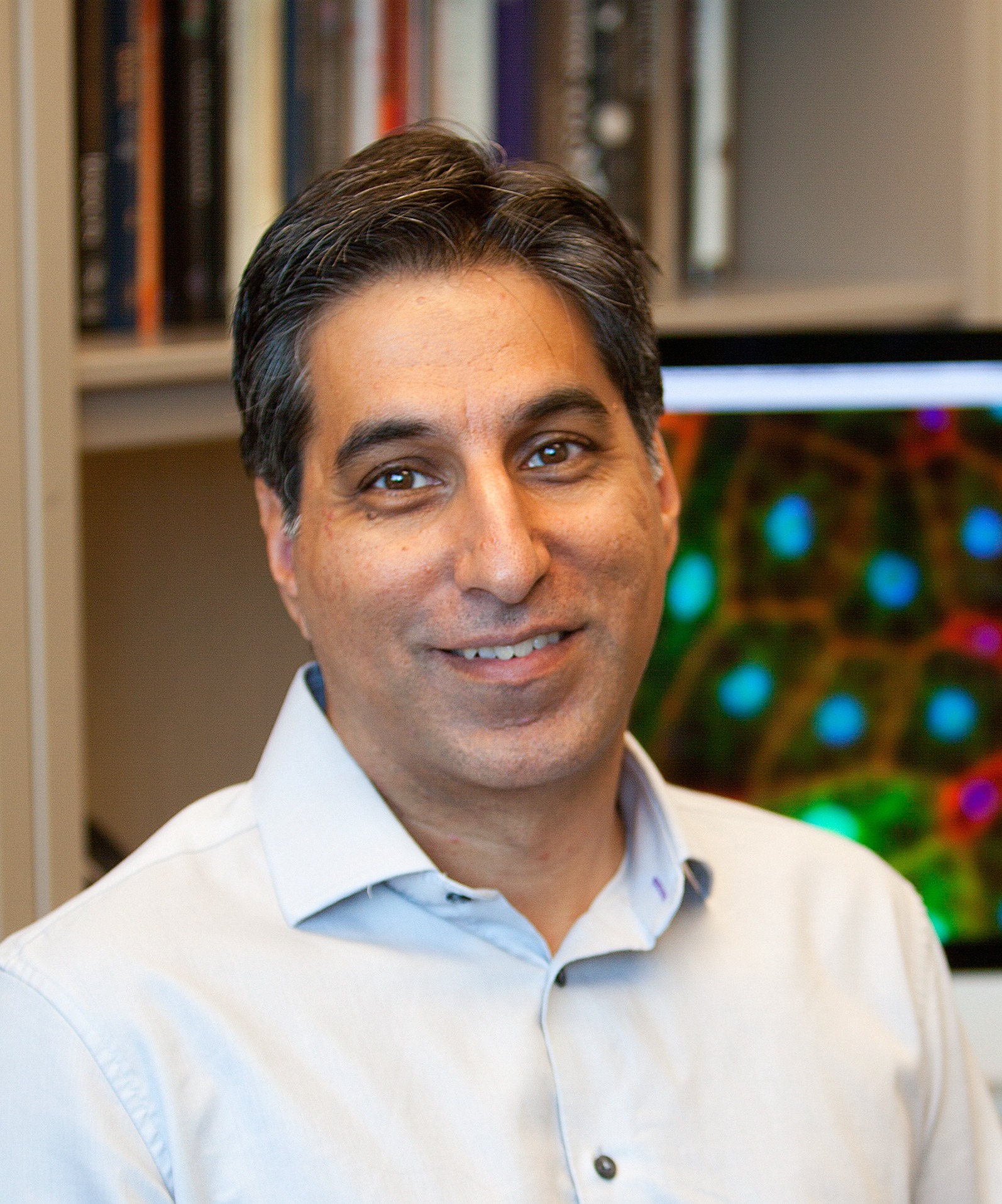
Savraj Grewal
Savraj Grewal is a Professor in the Department of Biochemistry and Molecular Biology at the University of Calgary, Canada. His lab focuses on understanding the regulation of cell, tissue and body growth in Drosophila. In particular, his lab has explored how environmental cues such as nutrient availability and hypoxia modulate the conserved insulin and TOR signaling pathways to control growth and homeostasis during development.

Mala Htun
Mala Htun is Professor of Political Science at the University of New Mexico, Deputy Director and co-Principal Investigator of ADVANCE at UNM, and Special Advisor for Inclusion and Climate in the School of Engineering. She works on women’s rights, social inequalities, and strategies to promote inclusion and diversity. Htun is the author of three books, most recently The Logics of Gender Justice: State Action on Women’s Rights around the World, co-authored with Laurel Weldon (Cambridge Press, 2018), and articles published in Perspectives on Politics, American Political Science Review, Politics & Gender, and others. She served as chair of the Committee on the Status of Women in the Profession of APSA and co-chaired the Presidential Task Force on Women’s Advancement. She has been an Andrew Carnegie Fellow, a fellow at the Kellogg Institute of the University of Notre Dame and the Radcliffe Institute of Harvard, and held the Council on Foreign Relations International Affairs Fellowship in Japan. She holds a PhD in political science from Harvard and a BA in international relations from Stanford. She was an assistant and then associate professor at the New School for Social Research from 2000-2011.

Alana O’Reilly
Alana O’Reilly is an Associate Professor at Fox Chase Cancer Center and co-founder of eCLOSE Institute, a nonprofit designed to “empower the Citizen Lens on Science through Education”. Both programs focus on defining how nutrients impact signaling pathways in stem cells and disease. Integration of the ideas, life experience, and data of scientists ranging from 6th grade through Professor expands the breadth of scientific questions while uncovering new methods to prevent and treat disease. Our goal is to leverage the power of Drosophila genetics and a diverse, driven pipeline of scientists to transform science education and biomedical research in parallel.

Brian Oliver
Brian Oliver is a Drosophilist, currently Chief of the Developmental Genomics Section at the National Institute of Diabetes and Digestive and Kidney Diseases, National Institutes of Health, Bethesda MD. The Developmental Genomics Section uses unbiased approaches, such as bulk and single cell gene expression profiling, comparative genomics, systematic RNAi, mutagenesis, and small molecule screens to discover differences between the sexes, with a special emphasis on the gonads. They use predictive network modelling and genetic approaches for detailed looks at key network intersections revealed by high throughput work.

Susan Parkhurst
Susan Parkhurst is a Professor in the Basic Sciences Division at Fred Hutchinson Cancer Research Center in Seattle. Her group uses multidisciplinary approaches to study dynamic membrane-cortical cytoskeleton interactions regulating normal developmental events and the consequences of this regulation going awry. Their current efforts are divided between studies investigating the components/machineries, signals, and events that govern cell wound repair, and mechanisms underlying Nuclear Envelope Budding, a process wherein large macromolecular complexes are packaged within the nucleus, then extruded through the nuclear membranes.
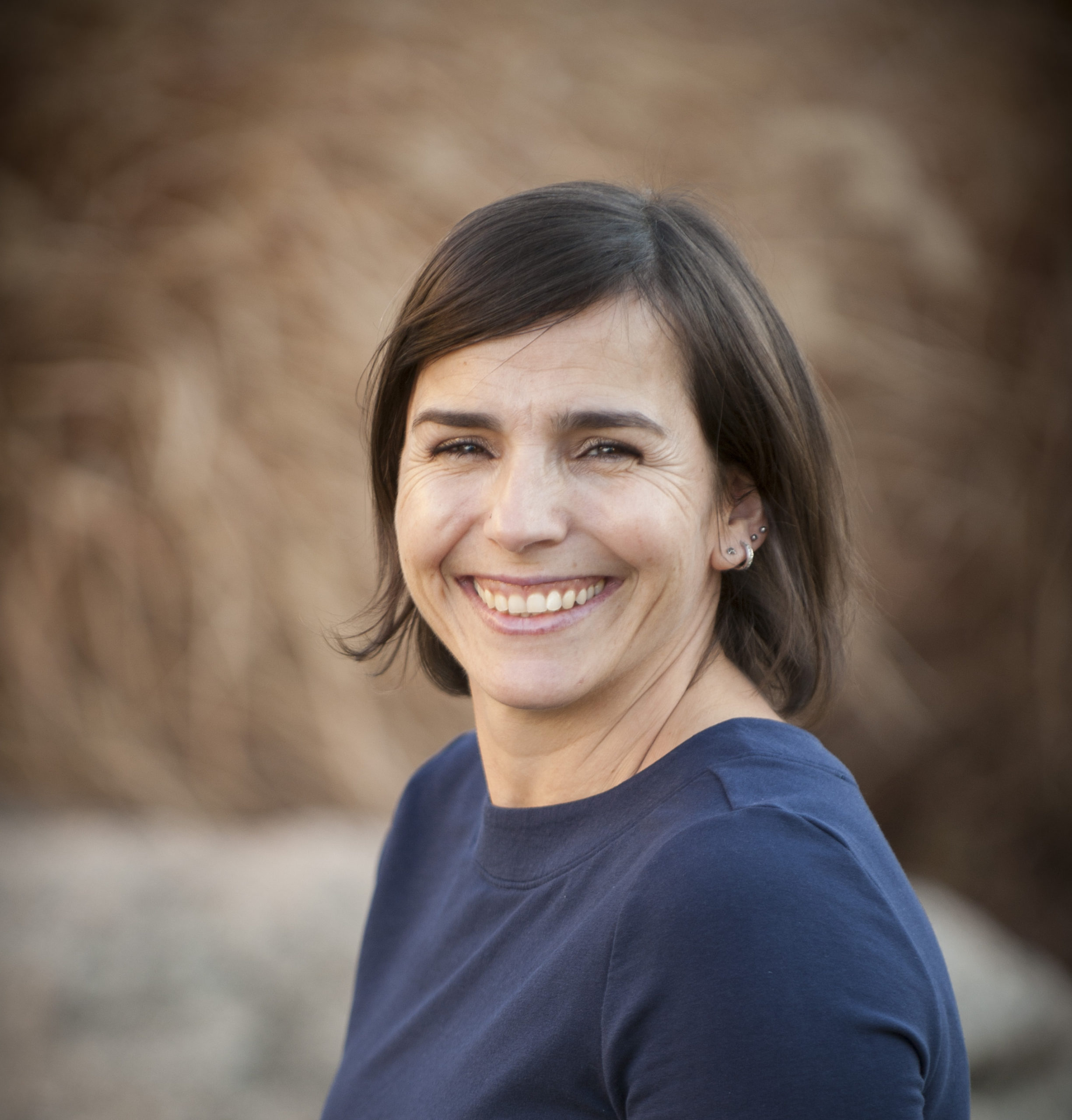
Tânia Reis
Tânia Reis is an Associate Professor in the Division of Endocrinology, Metabolism, and Diabetes in the Department of Medicine at the University of Colorado Anschutz Medical Campus. The goal of her research is to identify genetic and neuronal pathways regulating energy homeostasis. Her lab uses Drosophila larvae to identify genes and neuronal networks acting in regulatory pathways within and between organs to prevent metabolic dysfunction. Current projects are focused on the roles of four RNA binding proteins—Arc1, Shep, Spen and its smaller “sibling” Nito—and connections between energy balance and the nutritional content of diet.
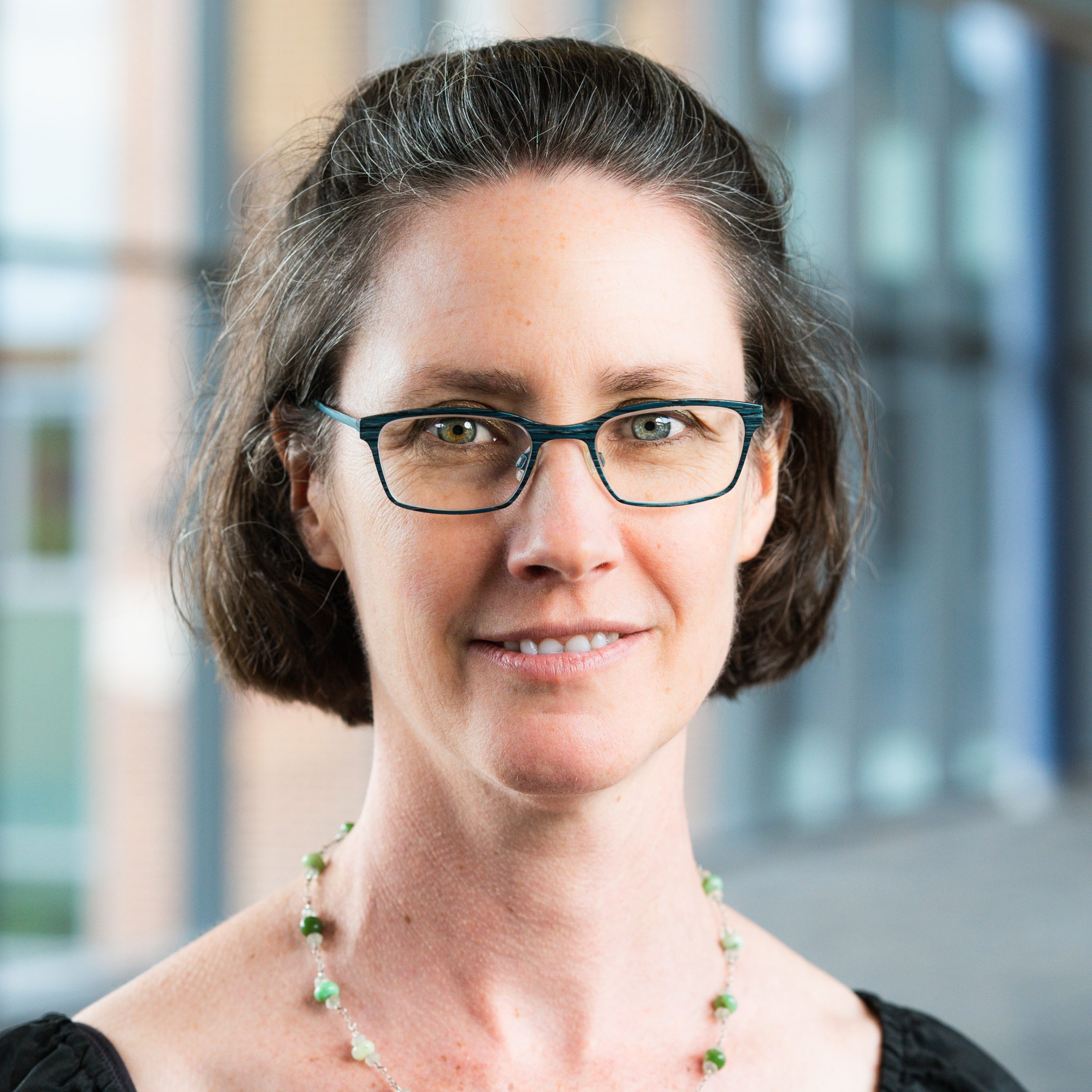
Melissa Rolls
Melissa Rolls is the Paul Berg Professor of Biochemistry at The Pennsylvania State University. Her lab uses live imaging and Drosophila genetics to investigate the cellular behavior of neurons. In healthy neurons, they aim to understand how the microtubule cytoskeleton maintains its polarized organization through time and space. In injured neurons, they are investigating the intracellular rearrangements and signaling pathways that allow neurons to regenerate axons or dendrites.

Jeff Sekelsky
Jeff Sekelsky is a Professor of Biology and Genetics and Director of the Curriculum in Genetics and Molecular Biology at the University of North Carolina at Chapel Hill. He got hooked on Drosophila when he attended his first Fly Meeting (1989, New Orleans) as a second-year student in the laboratory of Bill Gelbart, where his failed attempt to study transvection led to discovery of the Mad gene. His research on meiotic recombination as a postdoctoral fellow with Scott Hawley led him to establish a lab in which research focuses mechanisms and regulation of meiotic and mitotic recombination—the genetics of genetics.

Nancy Street
Nancy Street is currently the Associate Dean and Diversity and Inclusion Officer of the Graduate School of Biomedical Sciences at UT Southwestern Medical Center in Dallas, Texas. Driven by her interest in graduate education and a desire to diversity the science population, she focuses on developing graduate school policies and novel initiatives to increase diversity enrollment and retention at both the graduate student and postdoctoral scholar level. She serves as an external reviewer/consultant for NIH sponsored programs across the country, serves on NIH training grant study sections, and is involved with the AAMC GREAT (Group on Graduate Research, Education and Training) Group where she currently is co-chair of the GREAT Outreach Committee.

Noah Whiteman
Noah Whiteman is an evolutionary biologist—raised deep in Minnesota’s boreal forest—whose research combines natural history with molecular biology to study how toxins mediate coevolution between insects, plants and microbes. He led the team that recently used CRISPR-Cas9 genome editing in Drosophila to retrace how the monarch butterfly evolved to resist toxic host plants. Most of his research focuses on a Drosophila species that attacks Arabidopsis. Whiteman is a 2020 Guggenheim Fellow and Fellow of the Royal Entomological Society and California Academy of Sciences.

Rebecca Chung-Hui Yang
Rebecca Chung-Hui Yang is an Associate Professor in the Department of Neurobiology at Duke University. Her lab is interested in determining the genetic and circuit mechanisms that underlie learning and decision-making, using Drosophila egg-laying site selection as a model system. Their work combines high-throughput tracking of behaviors with functional imaging and genetic techniques.



